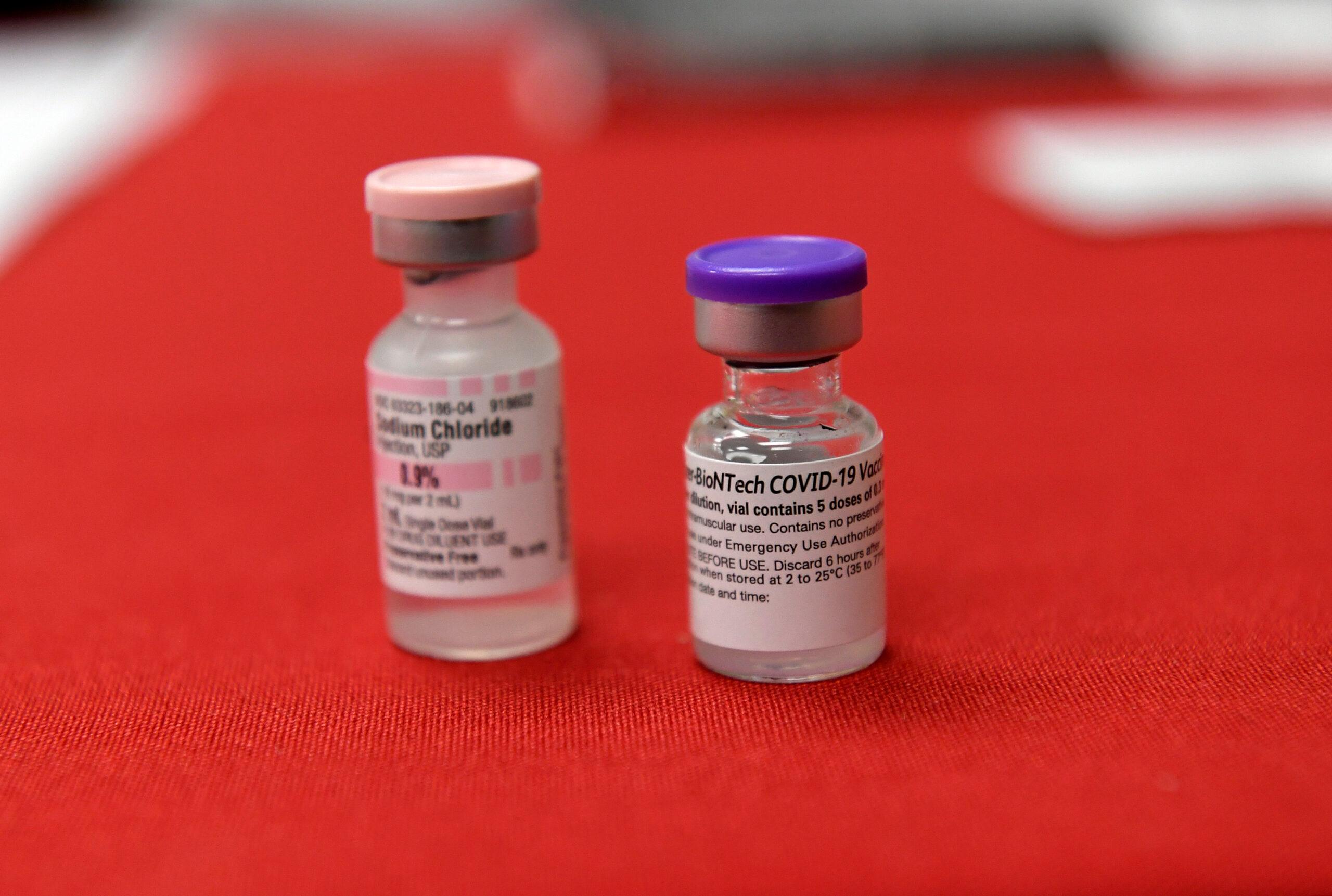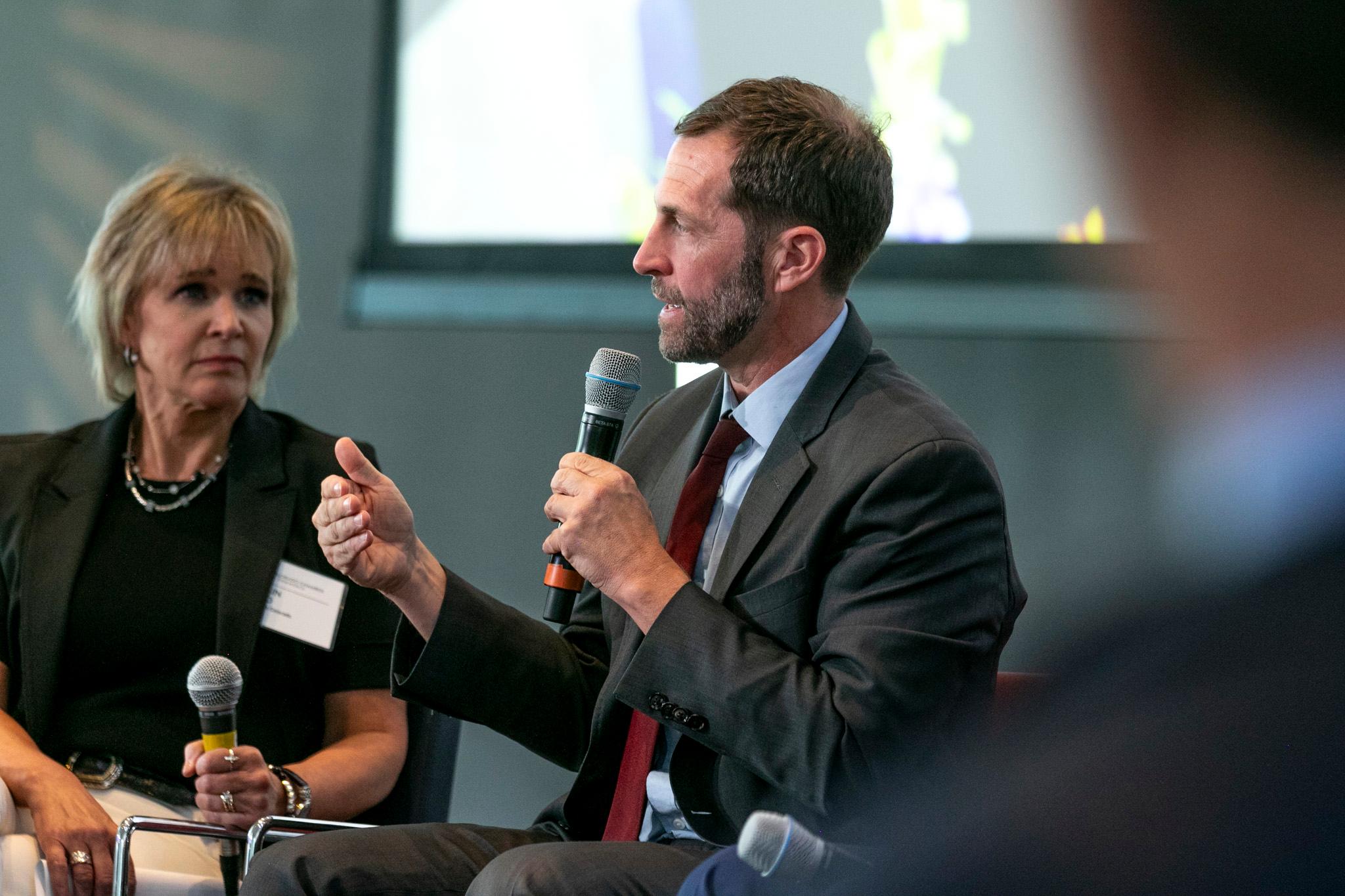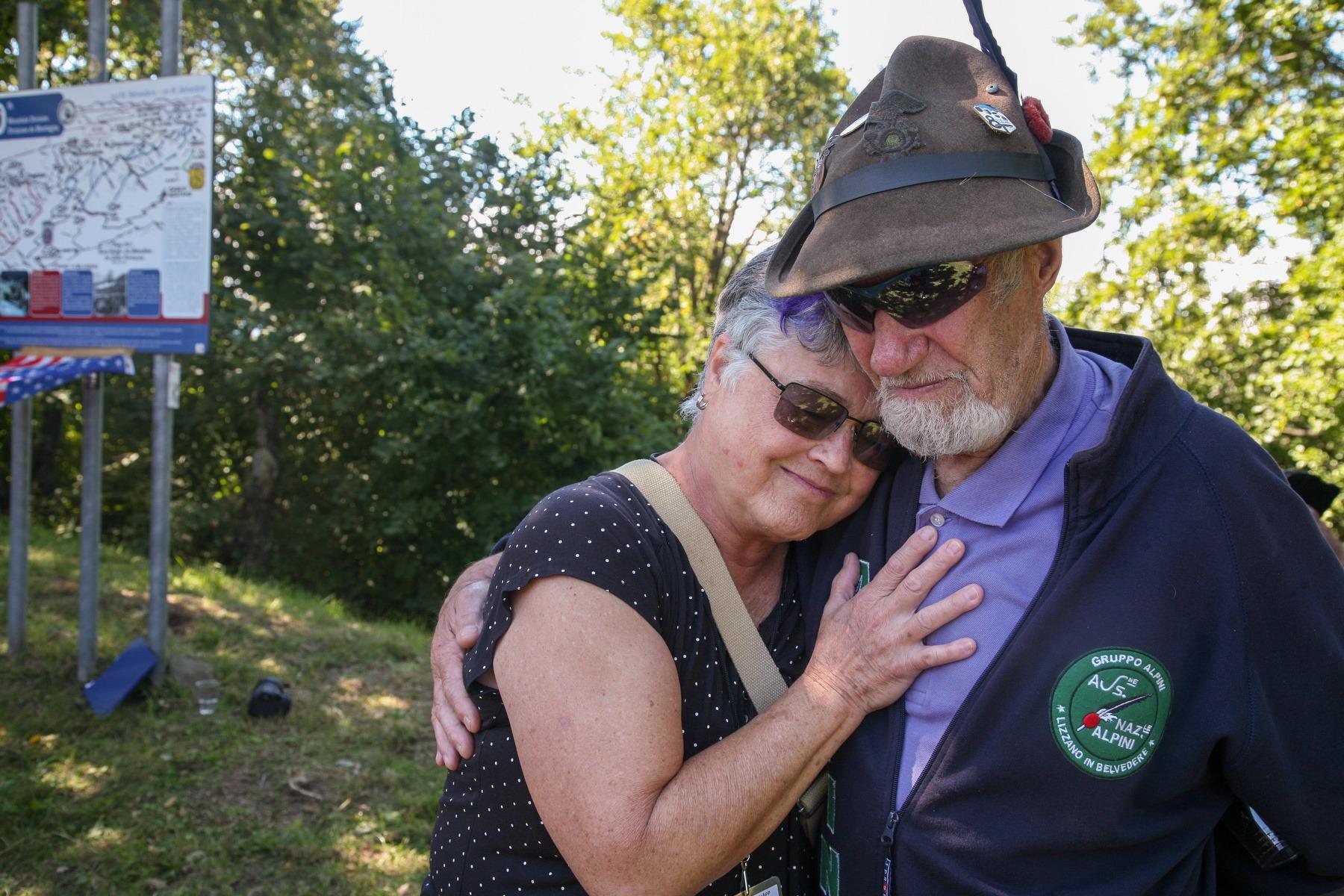
It’s well-established that communities of color are more likely to contract and die from COVID-19 for a variety of factors. Leaders within those communities wonder if the vaccine rollout happening now in Colorado, will reflect those disparities.
Recent research from the Kaiser Family Foundation found a significant portion of Black and Hispanic adults are not confident that the vaccine development has taken their needs into account.
Having looked at the study, Dr. Jandel Allen-Davis, president of Craig Hospital in the Denver suburb of Englewood, thinks there are a number of reasons for the finding but each are “rooted in historical treatment and the experience of Black patients, Black members of the community in the health care system, perceived of as mistreatment, undertreatment.”
Allen-Davis, who has been working to address racial inequities in the health care system, said African Americans and other people of color have historically felt like guinea pigs in the medical system. It’s something which makes them wary of accepting a vaccine for COVID-19, especially when coupled with anecdotal stories of how they’re treated when going to emergency rooms around the country because of the coronavirus.
The racist history of health care impacts people of color to this day
There’s a long-documented and painful history of racism in health care and in the public health system, said Maggie Gómez, deputy director for the Center for Health Progress in Denver.
“Vaccinations have been weaponized against people of color and Black people specifically. And so those create long-term consequences that are still negatively affecting these communities today,” she said. “So there are no magic words that can build trust and erase centuries of neglect and abuse of Black, Indigenous and other people of color.”
Gómez pointed out that the problem needs to be acknowledged and kept in the forefront as these communities are engaged about vaccinations during the pandemic.
Allen-Davis pointed not just to trust, but trustworthiness, in the process.
“This whole issue of trustworthiness is really about who delivers the message. We've got to be incredibly community-based in terms of who it is, who are the trusted brokers of information within those communities and making sure that those folks are armed with credible, actionable information as they go into communities.”
How Polis and Colorado health officials are trying to address disparities
That’s something that the state has appeared to take to heart. Colorado Gov. Jared Polis, when asked about the plan to address the racial disparities when it comes to the virus noted that the state’s initial research showed “an alarming skepticism of the vaccine in the African-American community in particular, secondarily the Hispanic community.”
“So we have a specific outreach plan to inspire confidence. It's not me or even the doctor as the main messengers. It's community leaders and faith leaders in those communities. So we are convening them and we are working with them to establish a higher degree of confidence in communities of color,” Polis said, adding that access and multilingual outreach is also an important part of the process.
The Colorado Department of Public Health and Environment has also developed a “Champions for Vaccine Equity” campaign to educate community leaders about the vaccine and to dispel misinformation and disinformation to build more trust.
Still, Polis was asked why the state’s phased rollout of the vaccine didn’t take into account disproportionately hit communities.
“You are not at a higher risk (of getting COVID-19) simply because of your race. It is not any biological aspect of race that places you higher at risk. There are certain things that correlate with race, that might be pre-existing conditions, that might be the type of job you have,” Polis said. “And so when you're talking about, for instance, frontline workers, or you're talking about people that might be exposed, those might correlate with a different racial composition as the general population, but it is not inherently anything biological about race that has any impact on this virus. There's no evidence for that.”
Partnering with the trusted members and organizations that are already in communities
Gómez sees the best way to reach these communities as employing trusted members or voices from within.
“We know that language and cultural background within the unique local context is critical,” when it comes to vaccination messages, she said.
“So not only do messages need to be in all languages and formats, written and spoken for different literacy levels, but they also need to be steeped in the cultural norms and values of that community,” she said.
Another area where building trust about vaccinations is important is within the immigrant community. The additional challenge on that front is the history of some government agencies that use personally identifying information for actions such as deportation.
“We need to make sure that whatever information is collected, that there are hard limits,” Gómez said. “And that folks understand that just as important as letting people know the vaccine is free and safe is letting people know that they're safe to share information, which is important data that can allow us to target vaccination distributions to communities hit hardest by COVID. Again, this is where a long history of mistrust can get in the way of what we need to do.”









